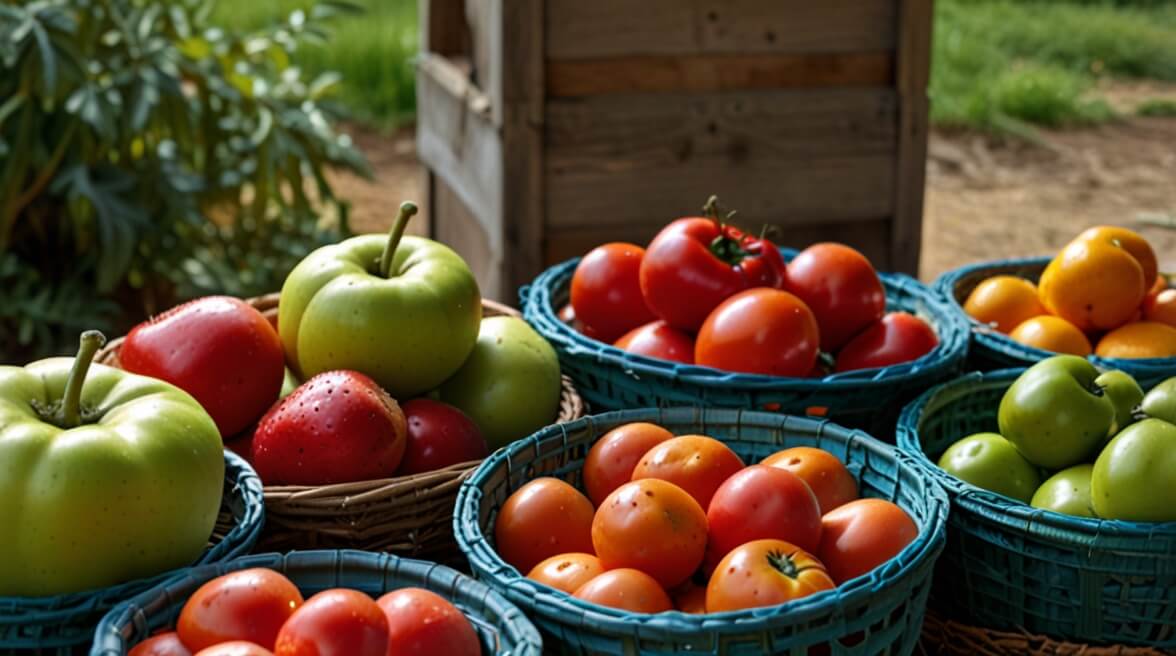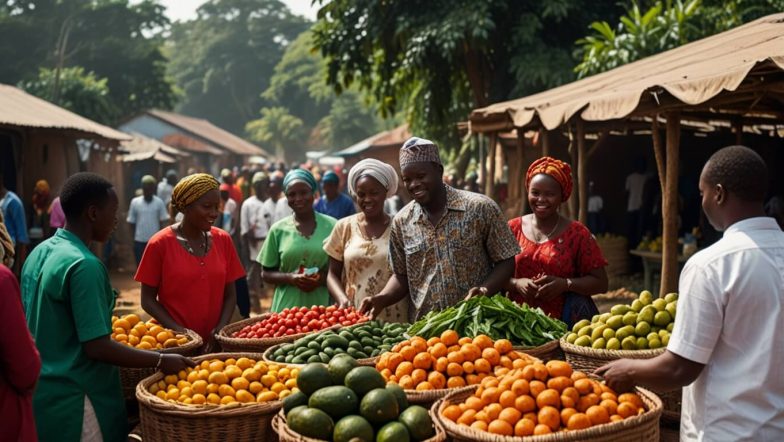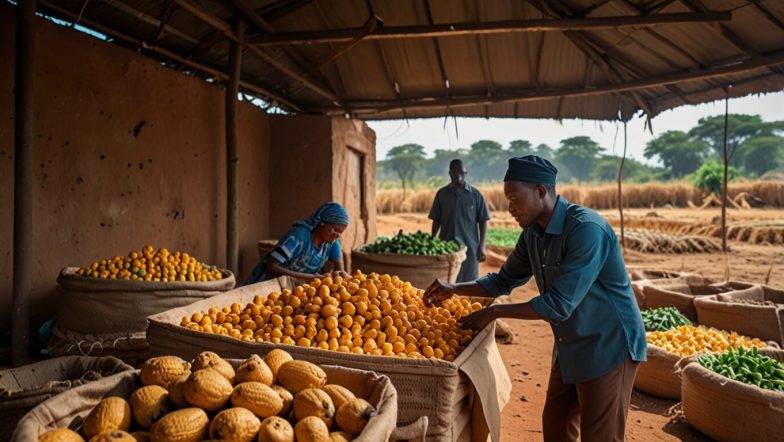Choosing locally sourced ingredients is more than a trend; it’s a vital practice for sustainable eating, especially in a diverse agricultural country like Nigeria. This approach not only supports local farmers but also reduces the carbon footprint associated with food transportation.
One practical step is to shop at local markets where farmers bring their produce directly from the fields. Markets like Mile 12 in Lagos or Bodija in Ibadan offer fresh, seasonal fruits and vegetables that are often more nutritious and flavorful than imported alternatives. Products
such as yams, tomatoes, peppers, and leafy greens like ugu are staples that thrive in Nigeria’s climate, making them readily available and affordable.
When it comes to proteins, consider opting for locally raised poultry, fish, or plant-based options like beans and egusi. Nigeria has a rich tradition of aquaculture, and choosing locally farmed fish such as catfish or tilapia supports the local economy and ensures fresher, higher-quality ingredients.
Additionally, grains like millet, sorghum, and ofada rice are excellent choices for those looking to incorporate sustainable, locally sourced staples into their diets. These grains are not only nutritious but also support local agriculture, as they are typically grown in Nigeria’s various regions.
Choosing locally sourced ingredients also means embracing seasonal eating. This practice encourages the consumption of produce when it is at its peak in terms of flavor and nutrition, reducing the need for preservatives and long-term storage solutions that can diminish the quality of the food.
Sustainable eating in Nigeria is about making mindful choices that benefit both your health and the environment. By prioritising locally sourced ingredients, you contribute to a more sustainable food system while enjoying the freshest and most nutritious foods Nigeria has to offer.







Leave a comment